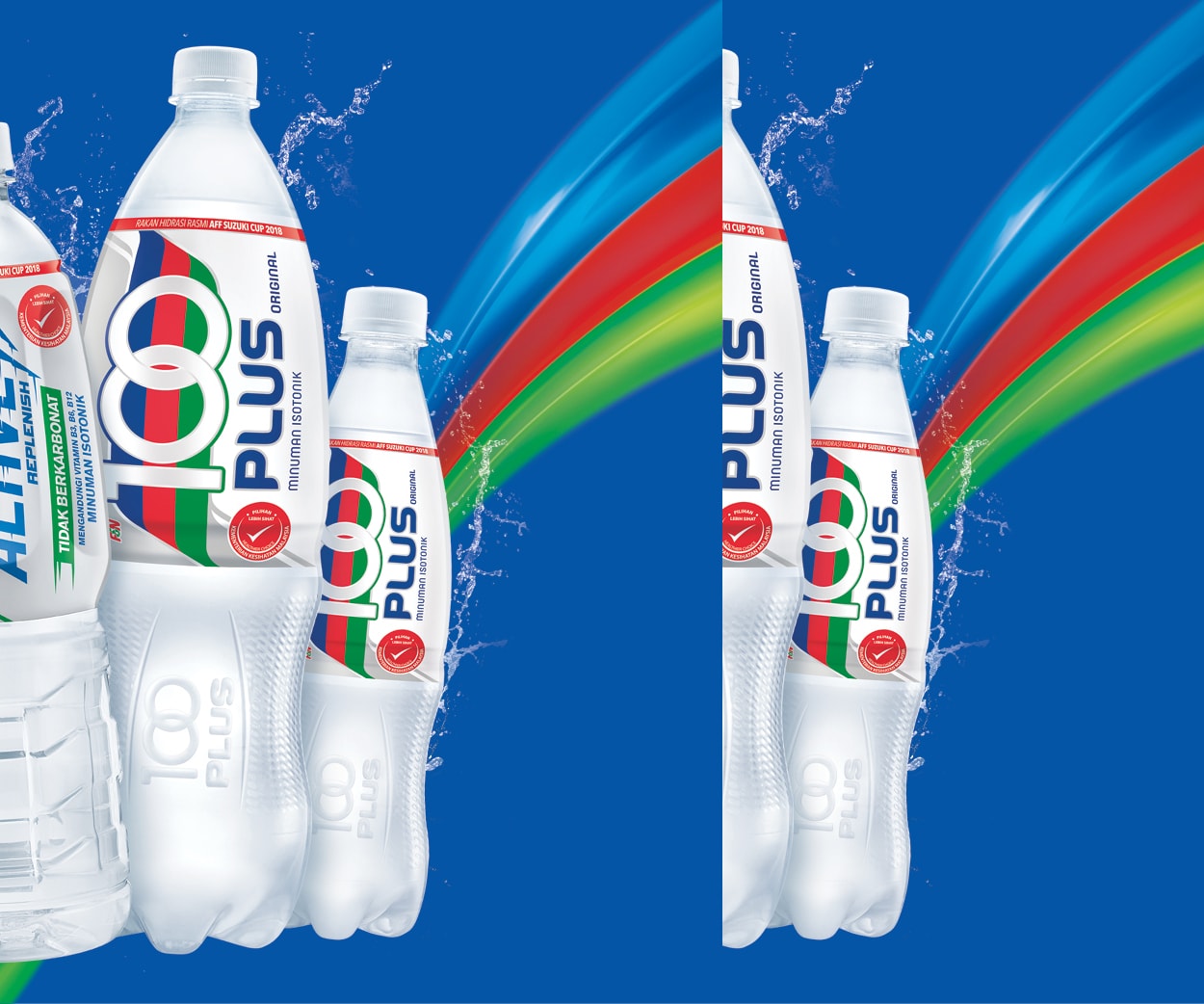Come 2020, the Bukit Jalil National Sports Complex is set to be transformed into a versatile, modern and easy to maintain Sports City.
Malaysian Resources Corporation Bhd (MRCB) executive director Imran Salim said the RM1.6 billion project comprising two phases was to enhance the current facilities to host the 2017 SEA Games, besides generating continuous income from the new facilities.
Phase 1, scheduled from January next year till June 2017 will be the upgrading and refurbishing works at the 85,000-capacity National Stadium, Hockey Stadium and Aquatic Centre as preparation to host the SEA Games, costing RM499 million.
“This includes the upgrading of fire protection system, changing rooms, lifts and escalators, toilets, replacement of cold water pipe system, new PA and sound reinforcement system and retification of fire safety,” he told a special media briefing session on the project here Tuesday.
However, the major breakthrough of the project will commence after the biennial games, from January 2018 to December 2020, with a cost of RM1.1 billion, transforming the 17-year-old complex into the Kuala Lumpur Sports City.
In Phase 2, the sports complex will see tremendous development with the planned building of a new convention centre, rehabilitation centre, youth park, sports museum and library, youth hostel (for athletes) and a sports mall to make the environment more lively and crowded by the public, taking the Singapore Sports Hub and London Olympic Stadium as the model.
“This is the phase where the construction works will begin because we do not want the sports complex to look like the construction site during the SEA Games. New buildings will be built to make sure the operator remunerate income, besides rehabilitate a river and entry points to the sports city.
“This phase includes the retractable roof, retractable seats, comfort ventilation and track resurfacing works at the national stadium and a 15km jogging path. The new design will showcase the Malaysian culture which includes Harimau Malaya,” he said.
Upon completion, the KL Sports City will create a vibrant sports hub accessible not only to athletes but also the local community, recreational users and the general public.
MRCB has been appointed by the federal government through its subsidiary, Rukun Juang Sdn Bhd (RJSB), to regenerate the National Sports Complex into the iconic Kuala Lumpur Sports City after an open national tender process undertaken by the Public Private Partnership Unit (UKAS).
Meanwhile, Malaysia Stadium Corporation (PSM) chief executive officer Azman Fahmi Osman said the corporation would introduce numbered seats and ticketing controls to beef up safety and security.
“A lot of organisers like free seating concept, it is not good…We will introduce numbered seats, use of specific gate for ticket holders according to seating area while taking other precautionary steps.
“On the grass, it will not be affected in Phase 1, we will use it for the SEA Games. It is in good condition,” he added.
International stadium experts, Populous was appointed as the designer for the project, whose previous designs include the Yankee Stadium, the 2012 London Olympic Stadium, South Korea’s Incheon 2014 Asian Games Stadium and the Etihad Stadium Expansion project in Manchester. – BERNAMA





































